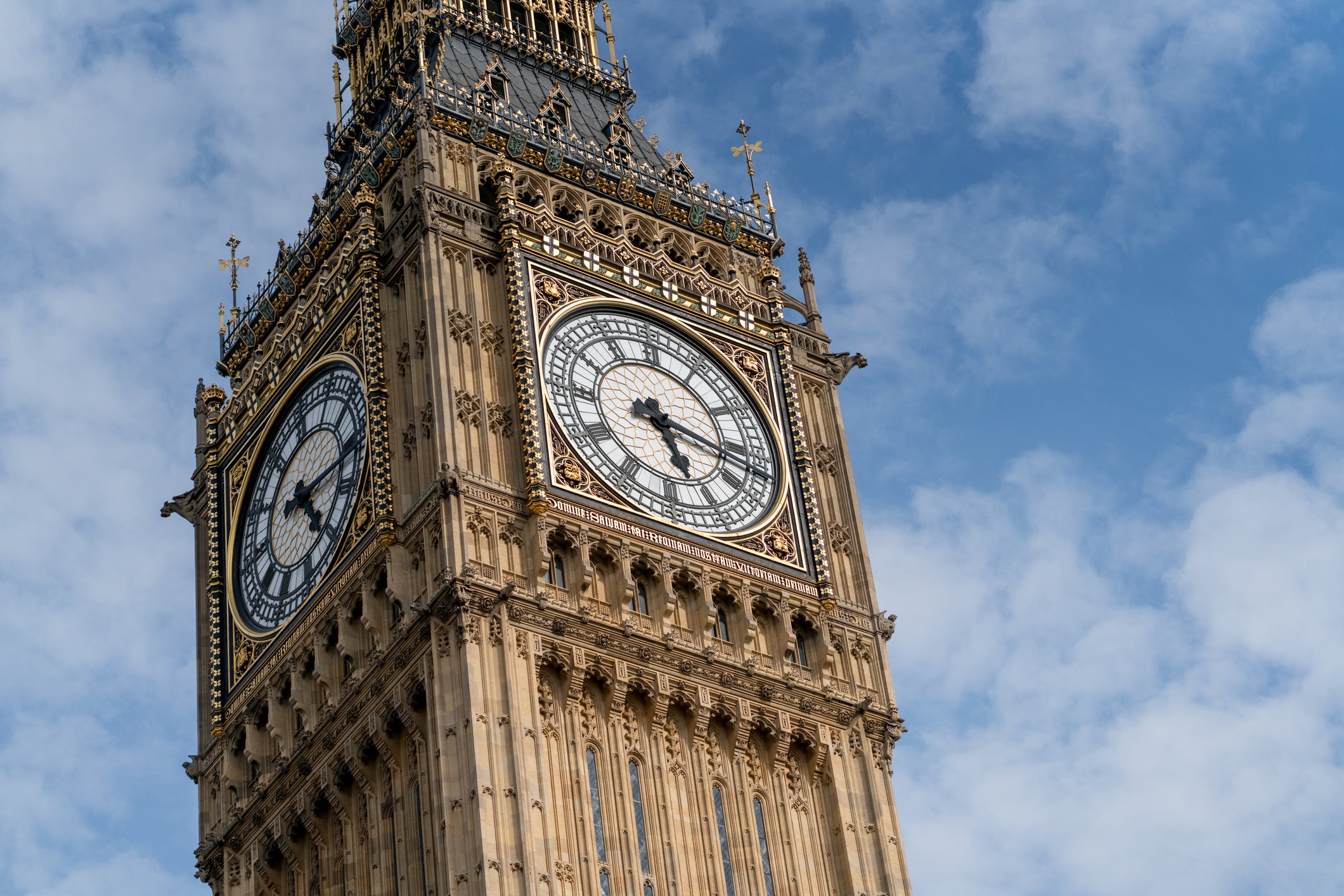When do the clocks go forward in the UK and why was Daylight Saving Time introduced?
The UK has been using Daylight Saving Time for more than a century

On Sunday the UK will lose an hour of sleep as the clocks go forward, signalling that summer is well and truly on its way.
The annual ritual marks the official beginning of British Summer Time, which ends when the clocks go back an hour in late October.
So where did the idea for for changing the clocks come from, who came up with it and how do people feel about it?
Here is everything you need to know:
When do the clocks go forward in 2022?
The clocks went forward on Sunday 27 March at 1am. This means we lost an hour of sleep.
Who invented Daylight Saving Time?
British Summer Time was first introduced more than a century ago as part of the Summer Time Act 1916.
The Summer Time Act came into effect following a campaign by builder William Willett, who proposed that the clocks go forward in spring and go back in winter so that people could save energy and spend more time outdoors during the day.
Willett wrote about his proposal in a pamphlet called “The Waste of Daylight”, published in 1907.
While British Summer Time was eventually established during the First World War, Willett wasn’t the first person to conceive the idea of altering time to preserve daylight.
Benjamin Franklin, one of the Founding Fathers of the United States, wrote about the notion in a satirical letter to the editor of the Journal of Paris in 1784.
Furthermore, the ancient Romans also implemented a similar system as a means of using their time efficiently during the day.
As scholar Berthold L. Ullman explains in an article published in The Classical Journal, the ancient Romans would split the period of day in which there was sunlight into 12 periods of equal length, which they would call “hours”.
These hours would vary in length from between 45 to 75 minutes, depending on the time of year.
How do people feel about pushing the clocks back and forward?
While many people may relish in the idea of having an additional hour of sleep when the clocks go back, some are of the opinion that the practise should be stopped.
In August 2018, the European Commission conducted a survey across the continent, which received responses from 4.6 million people.
More than 80 per cent of the participants said that they want to stop moving the clocks back and forward by an hour.
Some people argue that Daylight Saving Time can increase the risk of road accidents, due to more people driving during dark autumn and winter evenings.
The Royal Society for the Prevention of Accidents outlines that the European Commission has proposed an end to seasonal clock changes by 2021, a suggestion that the organisation supports.
“RoSPA is in favour of this proposal, and is calling for the government to adopt British Summer Time (GMT+1) all year," the society states.
“This would mean road users will no longer experience the sudden onset of darkness during their autumn commutes, potentially saving many lives.”
Join our commenting forum
Join thought-provoking conversations, follow other Independent readers and see their replies
Comments
Bookmark popover
Removed from bookmarks